
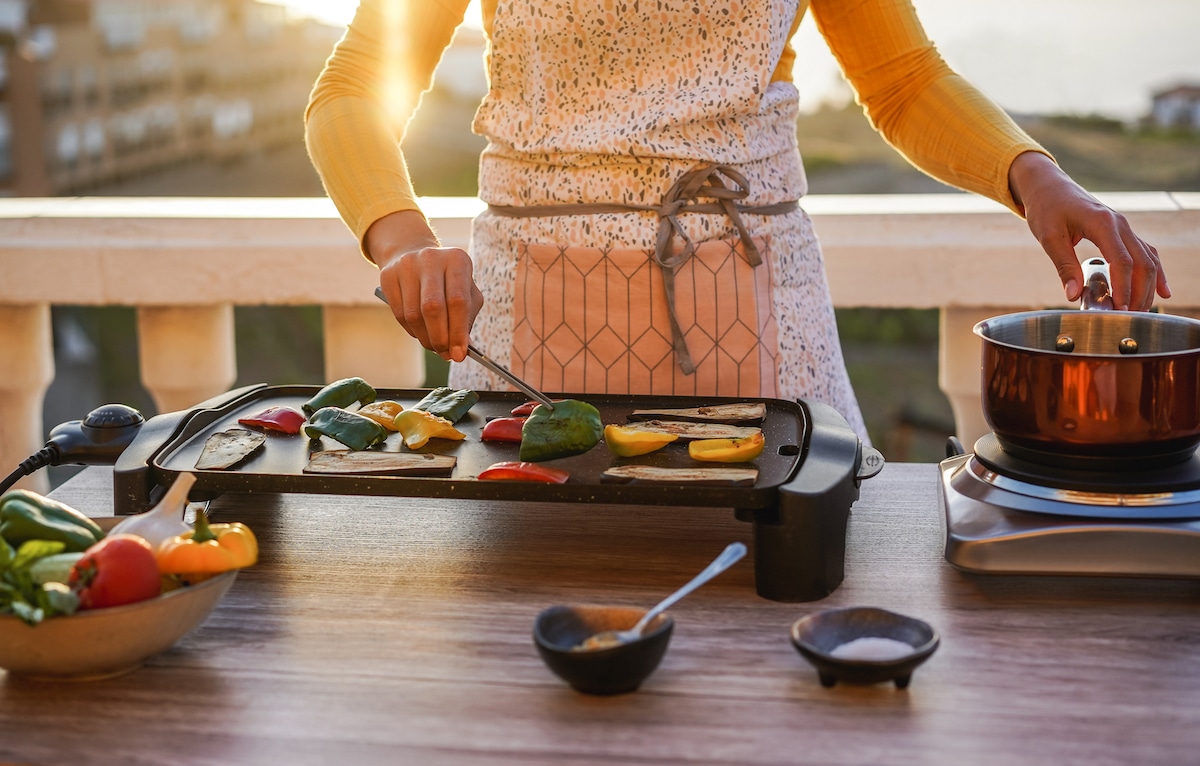
Jacob Rushing / Getty Images
There’s nothing like firing up the grill, playing some lawn games and enjoying the long days of summer with some of your best friends or closest family. But, let’s face it; burning charcoal, sipping out of Solo cups and noshing on disposable plates isn’t the most eco-friendly way to enjoy summer. In fact, here’s a mind blowing set of stats from the Department of Energy: July 4th cookouts release 225,000 metric tons of carbon dioxide, burn the equivalent of 2,300 acres of forest, and use enough charcoal, lighter fuel and gas to power 20,000 households for one year.
If you want a smaller carbon footprint after your alfresco eating, just follow a few of these simple tips.
1. Green Your Gear
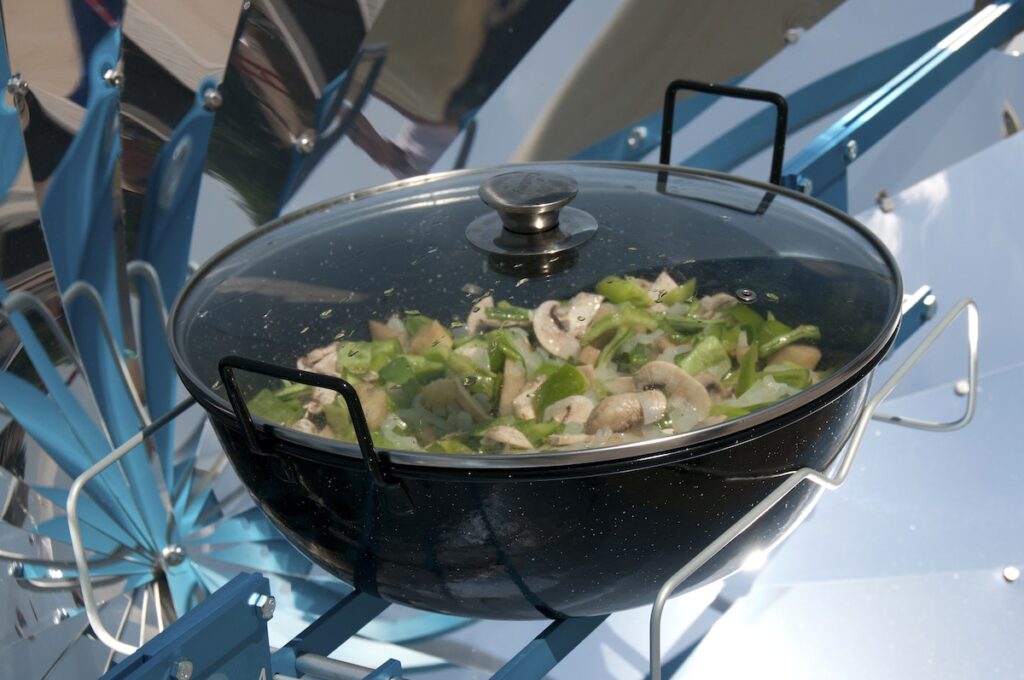
Ditch the charcoal grill to reduce your carbon footprint. Propane, natural gas and electric grills all burn cleaner than charcoal. Remember, propane and natural gas are not renewable energy sources. So, if you really want to up your eco-grilling game, opt for a solar powered grill. The technology has advanced so far that your grill is ready five times faster than charcoal.
If solar isn’t happening for you this summer, Greener Ideal suggests a dome grill as an elegant and durable option. It traps and recirculates heat so effectively it will drastically reduce how much fuel is needed to cook your food.
If your motto is charcoal or nothing, shoot for a sustainably sourced natural briquette without chemicals and made from local plants instead of wood from tropical forests. And, use a starter chimney to eliminate the need for chemical-heavy lighter fluid.
2. Ditch the Disposables
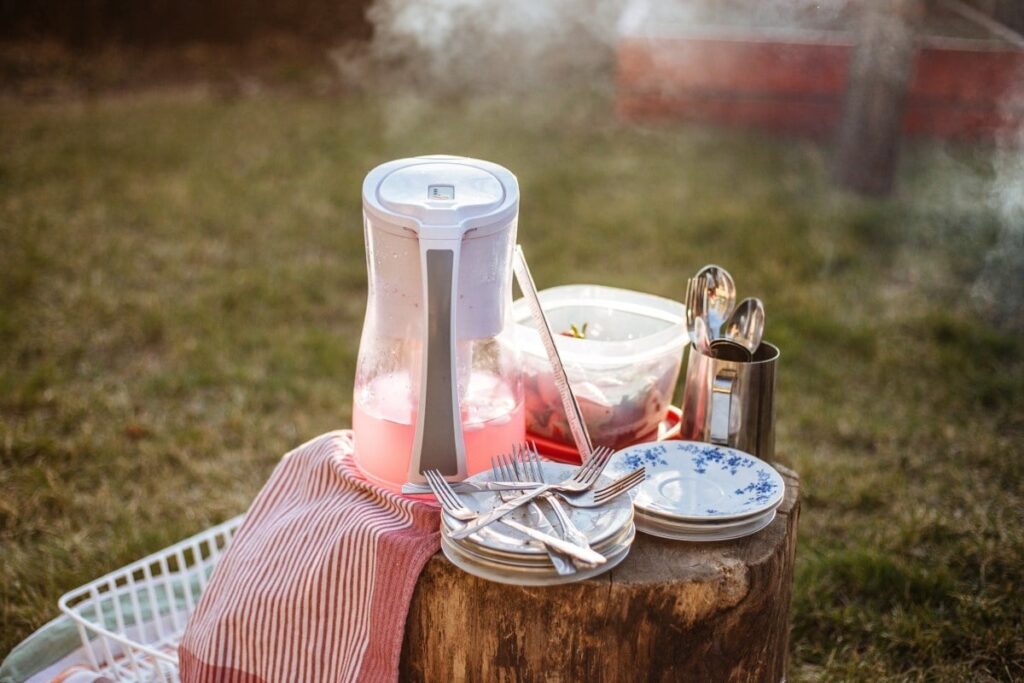
Make sure you’ve got the right reusable grilling tools like this eco-friendly kit that Greener Ideal suggests. It’s got all your essentials — including a multipurpose flipper, basting brush, knife and hot mitt. Plus, a nifty carrying case means you’re less likely to lose any parts.
Before setting up those Hefty bags to hold all those plastic plates and forks headed to a landfill, consider reusable plates, cups and cutlery. If you’re thinking of using paper plates, don’t. It’s a waste of water. A single paper plate takes eight gallons of water to make. That’s a lot of water when you consider how many plates you’ll run through. By contrast, a dishwasher uses six to 10 gallons of water to clean a full load, research shows.
Yet, if disposable is necessary, go for a green alternative to paper and plastic. Plates made from bamboo, palm or plant fibers are fully compostable. It’s easy to go green with drinking straws. Try reusable metal and bamboo straws, or disposable straws made from hay or seaweed. And reusable kebab sticks are an elegant way to serve up all those local, grilled veggies.
3. Think Local
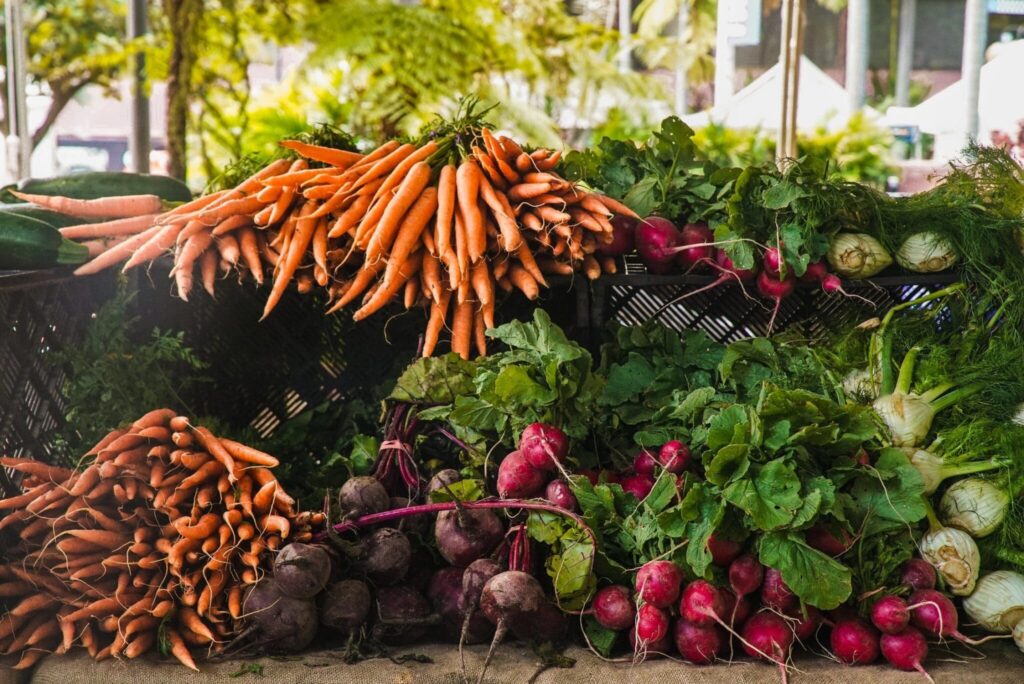
The bulk of any barbecue’s greenhouse gas emissions is in food choices. The Sierra Club suggests shrinking your BBQs carbon footprint by buying local fruits, veggies and meat. Your local farmers market may even have a homemade potato chip stand. Buying locally grown foods cuts down on the energy required to store, transport and package food across long distances.
Buying at your farmers market will support your local economy and help build a relationship with the person who grew your food. Plus, as GoodShop points out, during summer, local fruits and veggies are usually at their peak, so your BBQ will have that much more flavor.
Have fun serving up a sample of local wines and craft beers.
4. More Veggies. Sustainably Sourced Meat
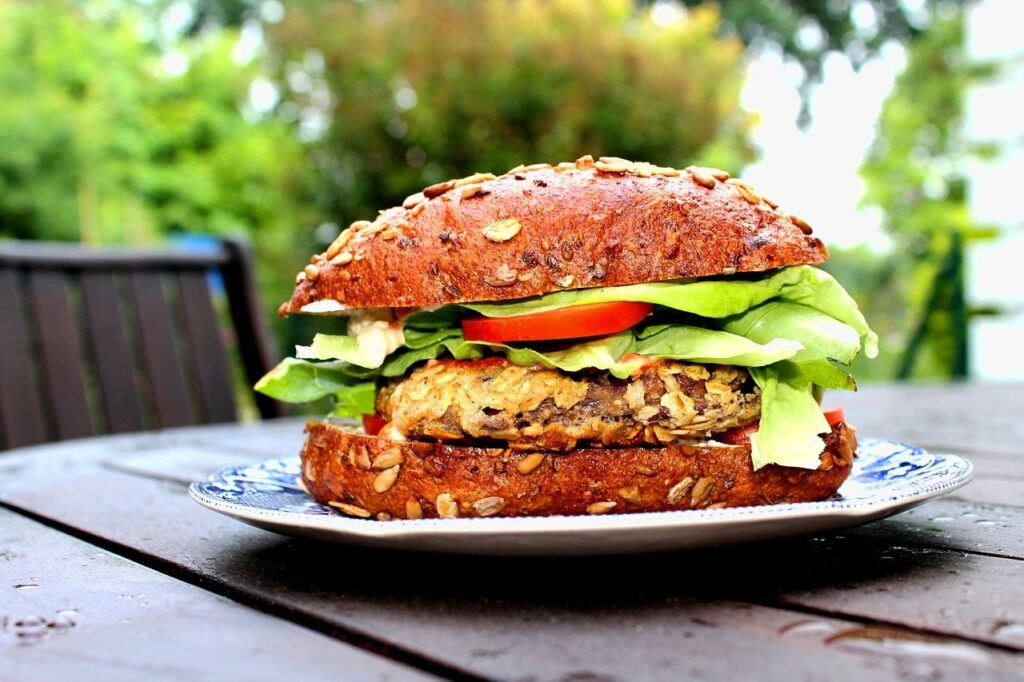
While burgers and dogs usually take center-stage at a summer barbecue, an eco-friendly picnic should restructure that paradigm. Every pound of beef you eliminate from your barbecue makes a big difference in your carbon footprint. British chefs told The Guardian to reduce beef, pork and chicken and going for sustainable seafood like Arctic char, tilapia and squid. And, if red meat is necessary, go for lamb, which is almost always raised on grass pastures.
And, there are no shortages of meat replacements these days. Treehugger suggests using portobello mushrooms or chickpea burgers. The Sierra Club has a recipe for a sweet potato black bean burger. And Beyond Meat burgers are available at most major grocery stores.
- The 18 Best Healthy Foods to Buy in Bulk (And the Worst) - EcoWatch
- Is the Future of Grocery Shopping B.Y.O. Container? - EcoWatch
- Concerned About Food Waste? Study Finds Meal Kits May Be ...
- Climate-Friendly Food Is Easier Than We Think

 233k
233k  41k
41k  Subscribe
Subscribe 